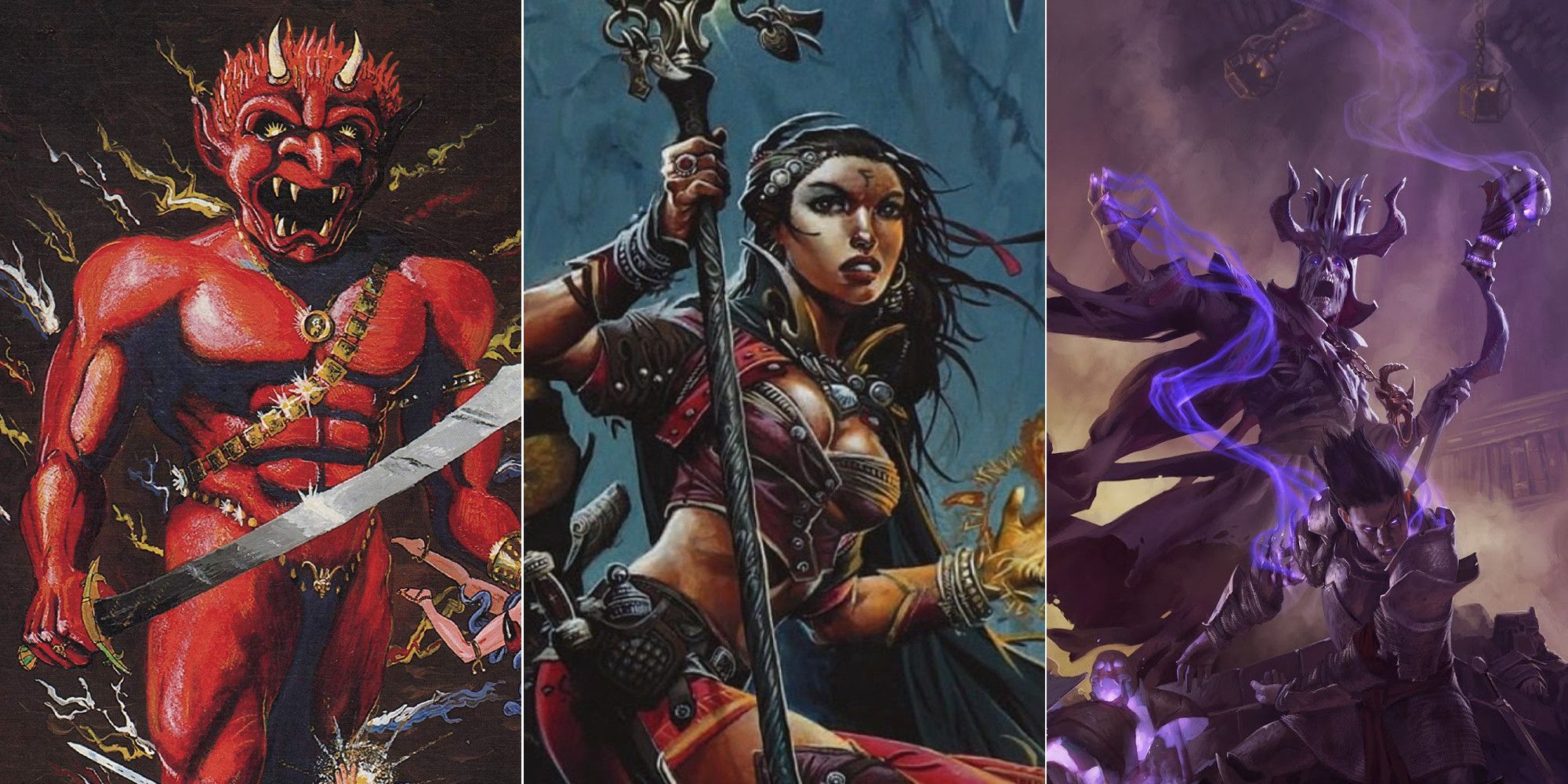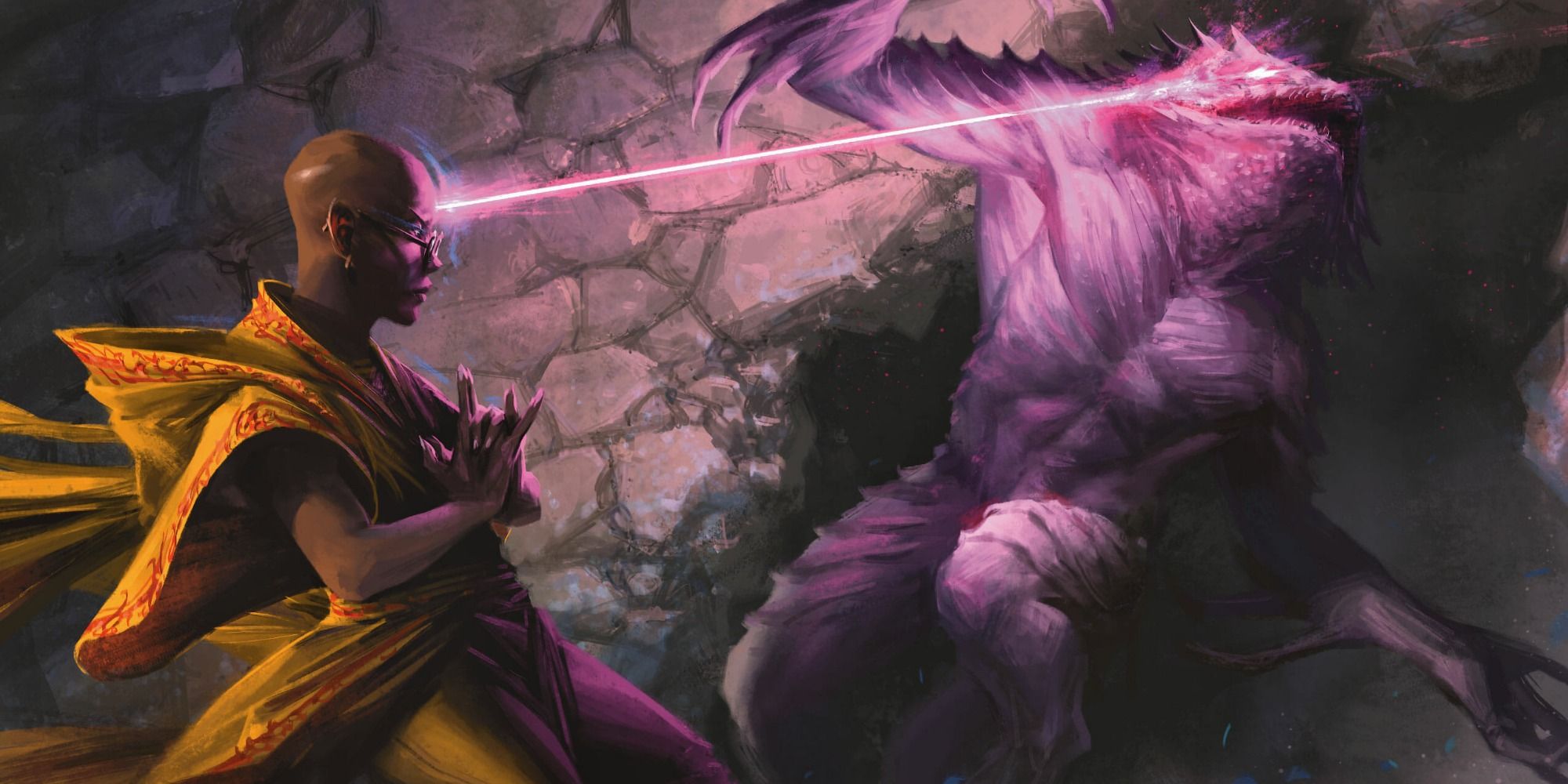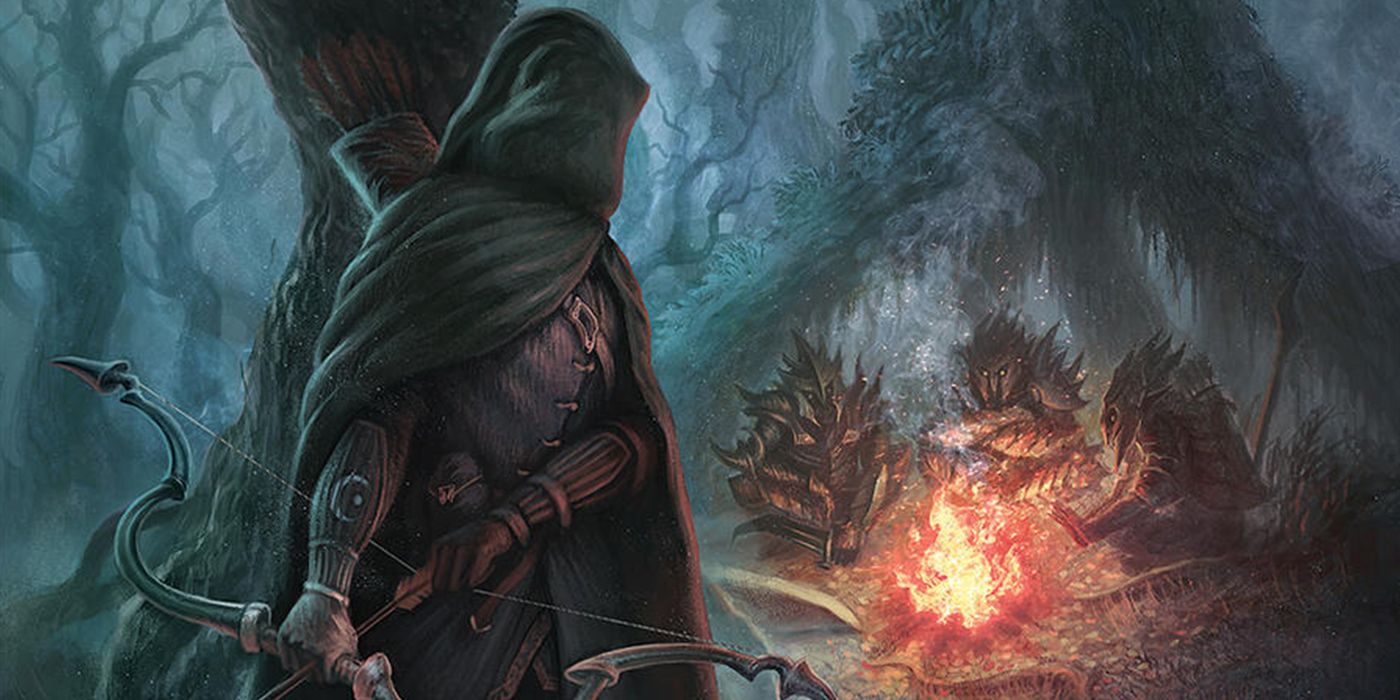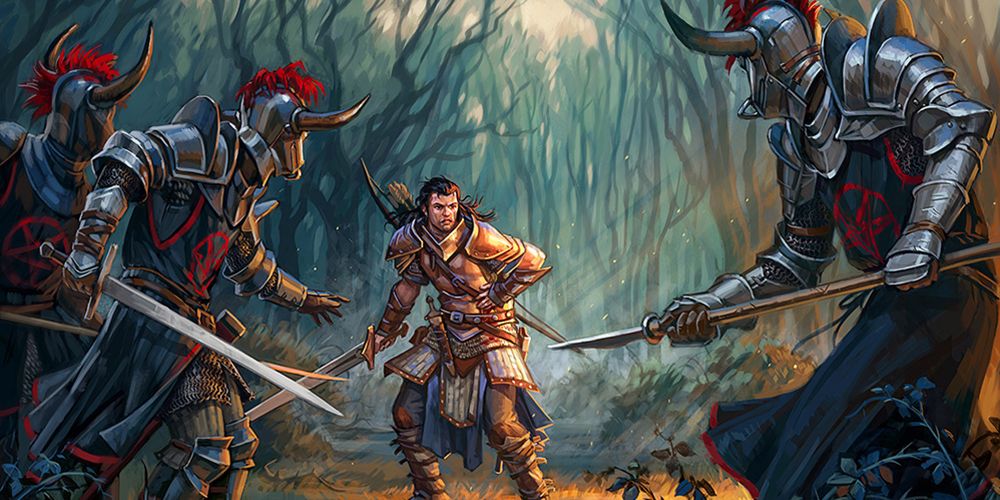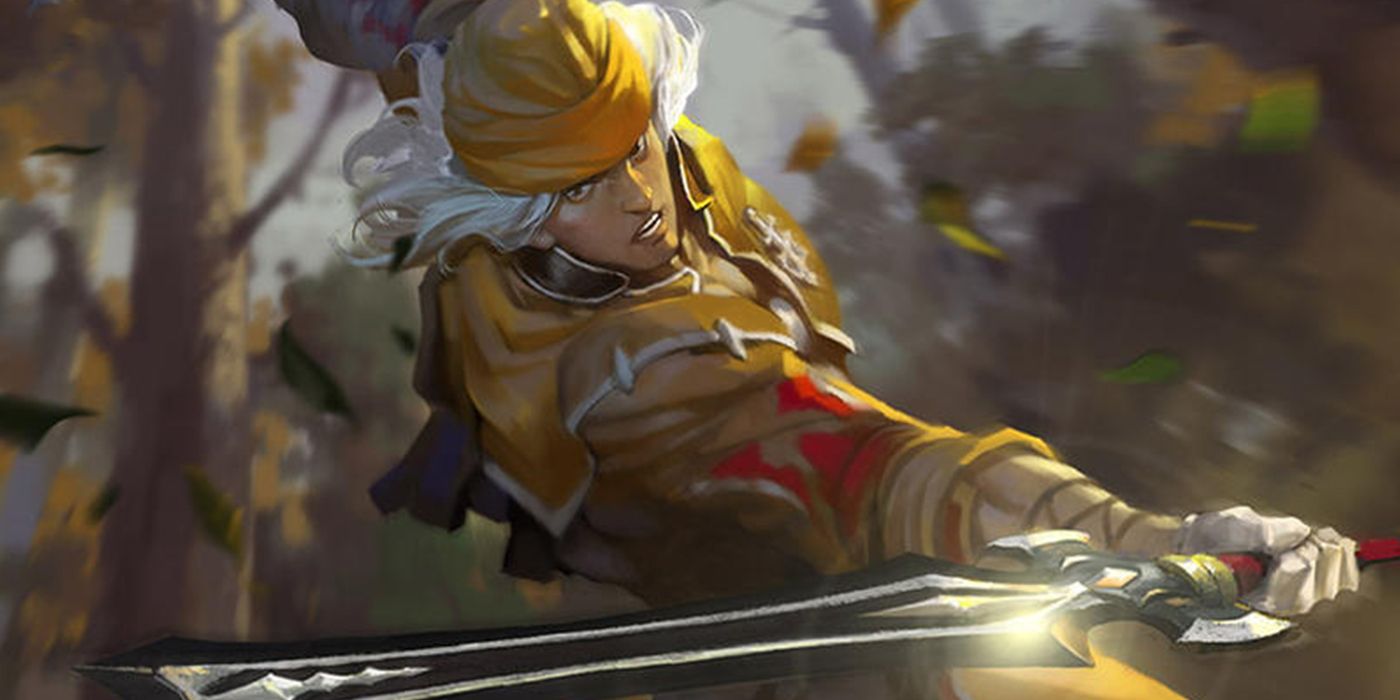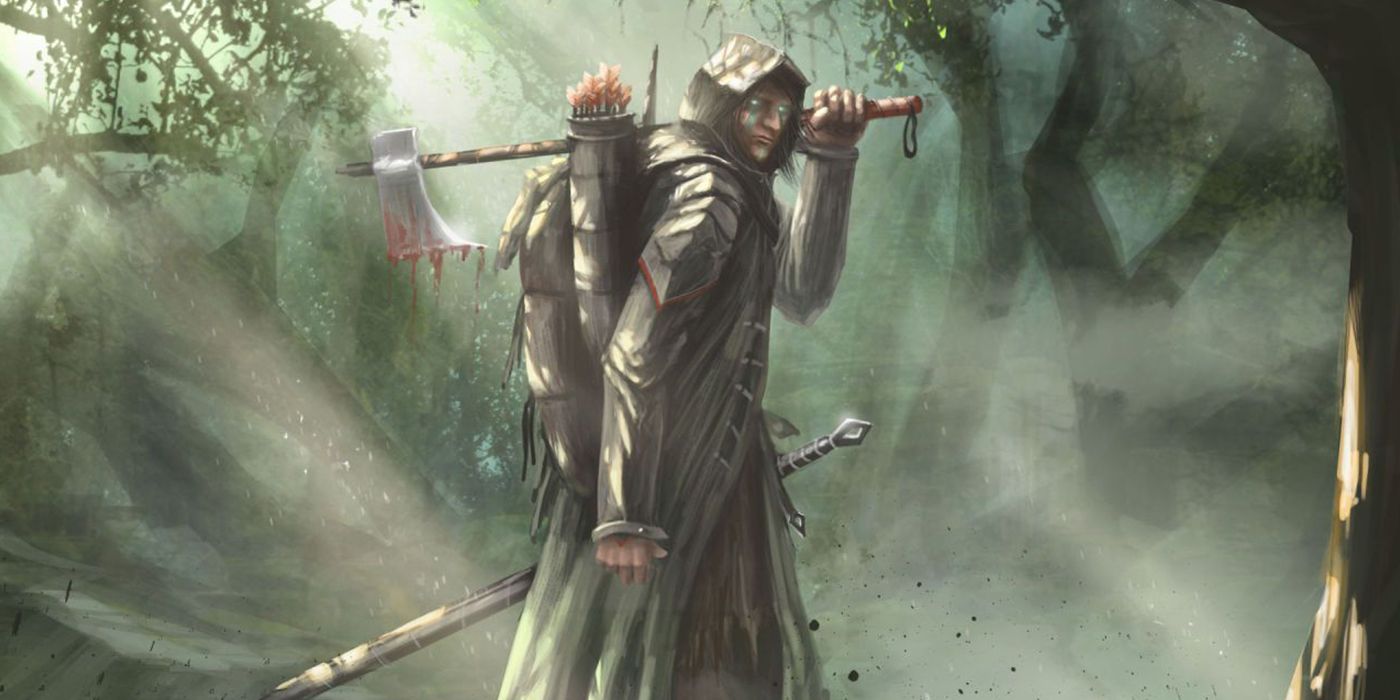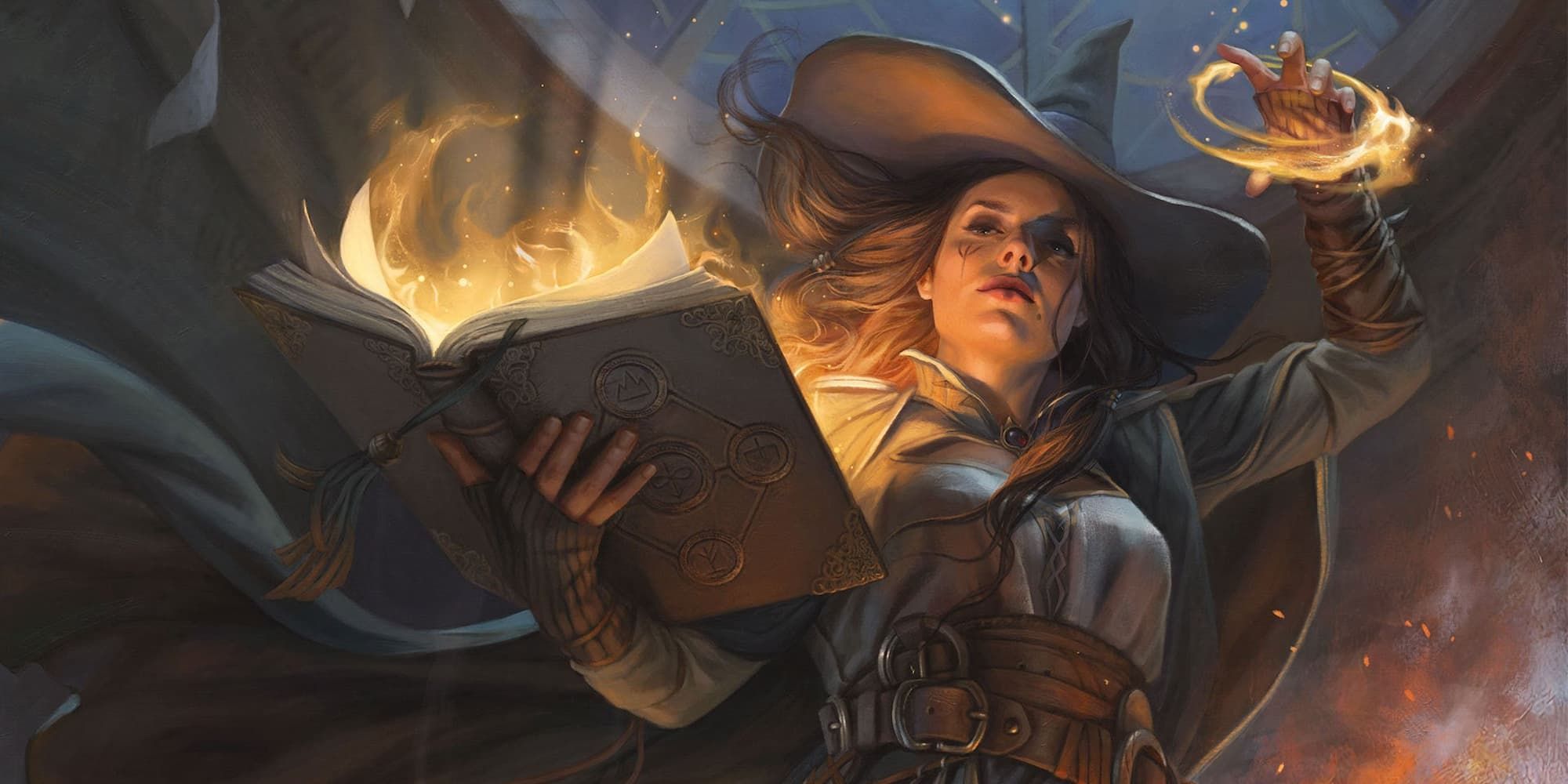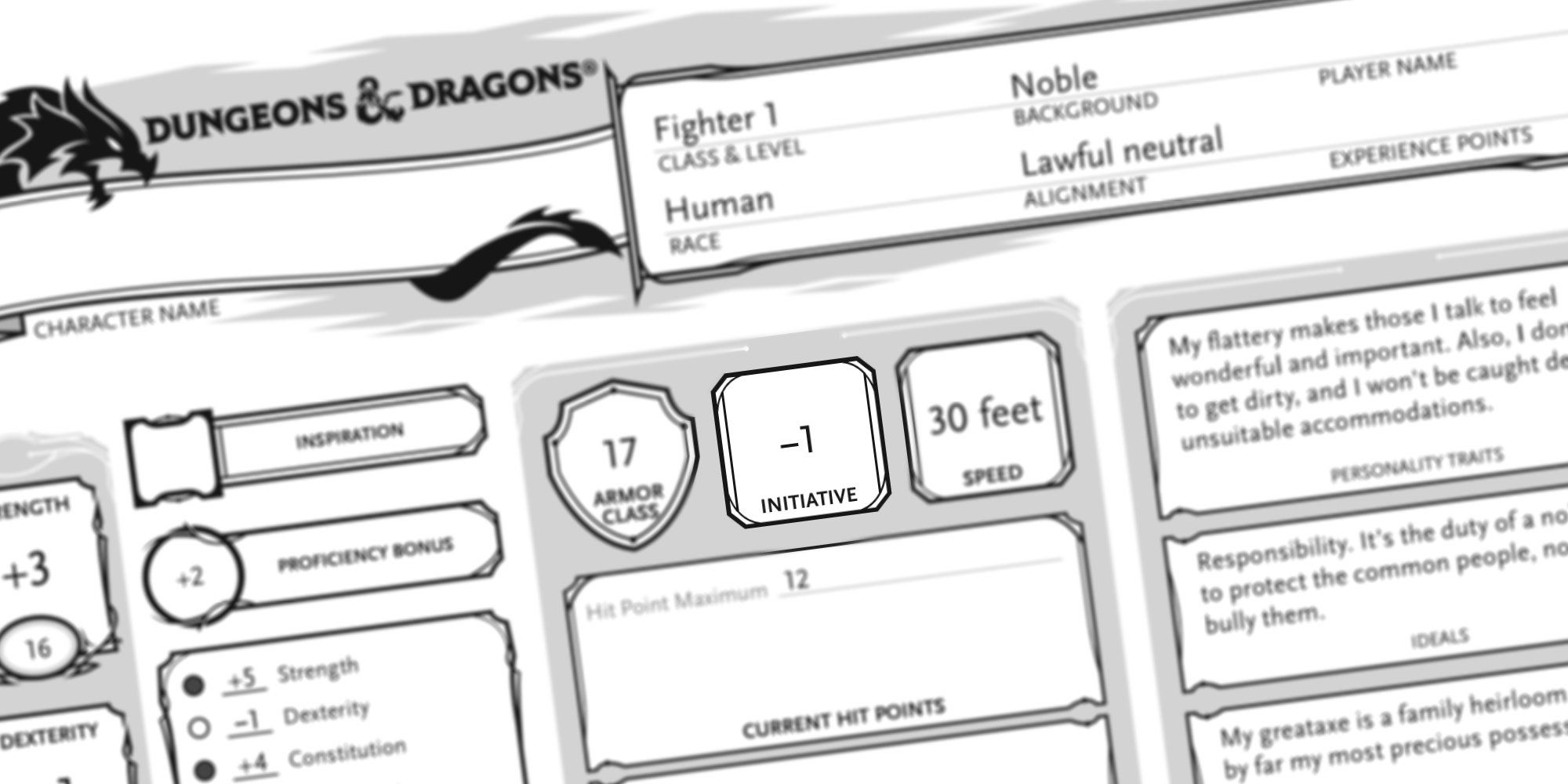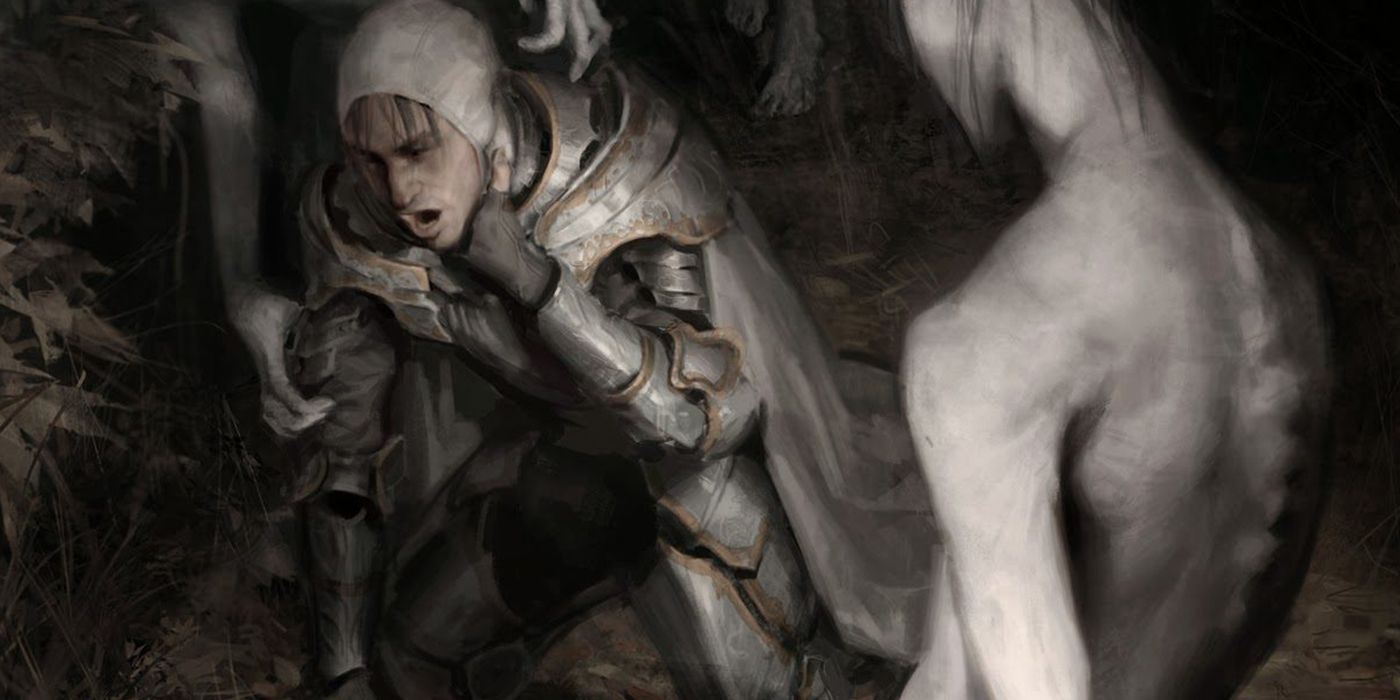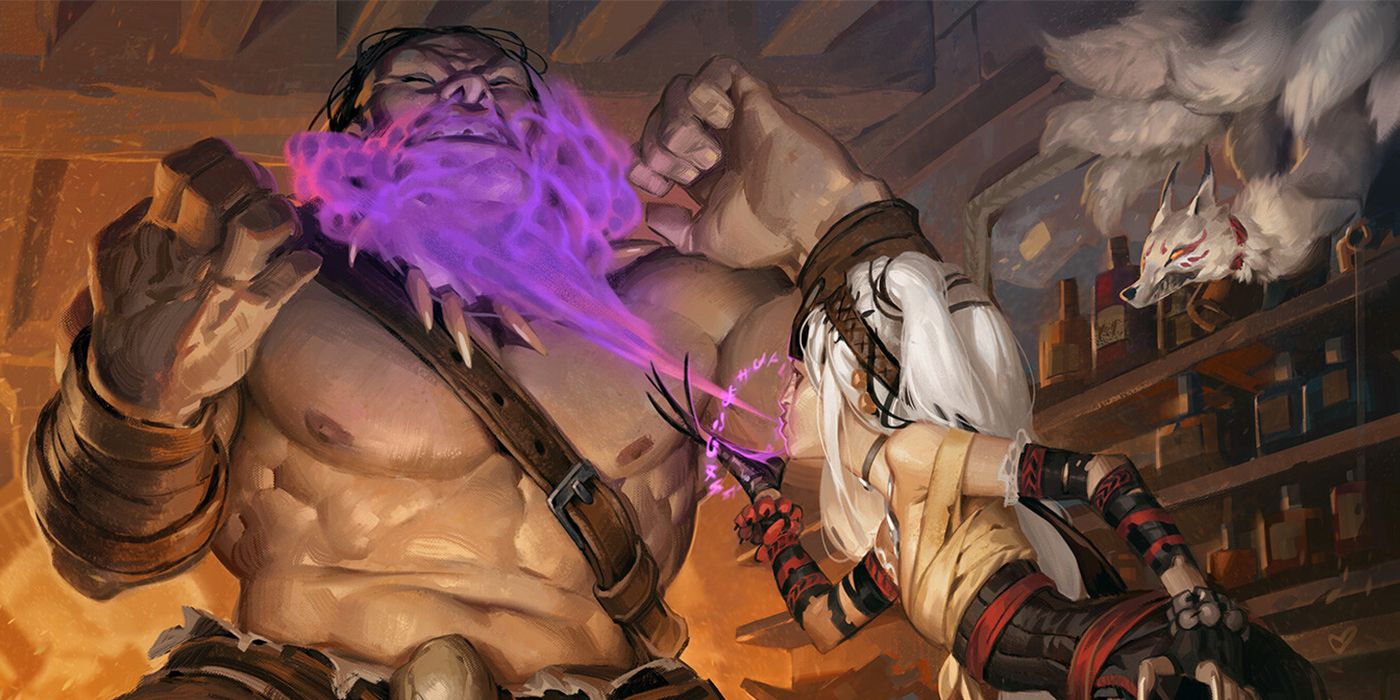Playing Dungeons & Dragons is a lot of fun, but it wouldn’t be possible without the humble Dungeon Master. The role of DM isn’t for everyone. You need your wits about you and must have a deeper knowledge of the rules than a player. Thankfully, there are plenty of tips and tricks for things you can do to make this easier. On the flip side, there are plenty of things we shouldn’t do as we run a campaign. Impartiality, coolness under pressure, and good story-telling are obvious traits, but there is more to the role beyond first impressions. Join us as we explore some things you should never do as a Dungeon Master.
10 Come Unprepared
Perhaps the worst thing a DM can do is turn up for a session unprepared. We’ve all been there; the DM arrives late, pulls out a disorganized mess of sourcebooks and notes, and takes their time setting up. All this to the chagrin of the already disgruntled adventurers.
Don’t be that guy. Come prepared and arrive in plenty of time. Organize your notes and familiarize yourself with the adventure and campaign. Remember, you are the one running the game, and it is your responsibility to bring everything needed to play. That includes having plenty of dice and making sure you set aside time beforehand to help new players create their first characters.
9 Have Boring Dungeons
When asked to think about a dungeon, images of ‘poorly lit, gray stone walls, and deep underground’ are conjured up. Imagine exploring such a place for the 10,000th time?
Make your dungeons interesting. Think of it as ‘set dressing’ for a movie. Dungeons utilize natural resources found in the immediate area, they take advantage of geological features, and they are not all ‘square’ rooms. Also, think about the creatures that inhabit and rustle around in the background. It’s the dirt, grime, and fine details that make a place feel lived in.
8 Go Too Far Off-Script
We all know how Players can be. All it takes is a shiny coin, and they get distracted. Even the trivial can intrigue. Carefully managed, this can bring greater depth to your games and reward all players with a story that’ll stand the test of time. This is especially true for professionally written adventures wherein kowtowing to a player’s demands risks derailing the campaign. Reigning in your players is a skill that takes time to master. Once you have, games will seamlessly flow between the planned and ad hoc, with players non-the-wiser.
DMs have to give the illusion that the characters have free will but must also shepherd them down the prescribed path. This is where a supply of side quests (think of mini-adventures within an adventure) comes in handy. Find one that fits closely and let the players diverge from the beaten track for a bit. Always bring them back to the main storyline as naturally as possible. Don’t force a round peg into a square hole. Change the hole if necessary.
7 Assume The Players Know What You Are Thinking
Don’t assume your players know what you are thinking. It’s easy to make assumptions based on what you know, both in and out of the game world. Players often arrive with little knowledge or preconceived ideas of what to expect. They are exploring this for the first time in the same way their characters are. This is something that often self-remedies. A player’s knowledge increases over time and you’ll get used to the key facts needed at the various points in a game. When first starting out, we suggest you have a checklist for information needed, and keep plenty of notes of things you have told your players.
Let players ask questions but consider the distinction between what a player knows and what their characters should know. It is your job to guide them carefully. Also, think about house rules and the sourcebooks you are pulling content from. Tell your players anything that influences the adventure, such as specific rules, background information for the setting, and any ‘general knowledge' that the characters should know.
6 Punish Players For Out-Of-The-Box Thinking
D&D would be great if it wasn’t for the players, right? We’ve all had that thought at least once, usually after our carefully thought-out scenario is Indiana Jones’d (the bit where Harrison Ford shoots the swordsman after a particularly impressive flourish of blades) by the party.
Embrace it when things like this happen. Game planning is a solo endeavor, and yes, it’s annoying when things don’t go according to plan. Despite what you think in the moment, this isn’t the players’ fault. They are doing what players do, looking for solutions to the puzzles set before them. If your idea is ‘that good’ then save it for a different game or setting. Amend it to fit and eliminate the short-cuts taken. Remember, the fine folks at WotC don’t get it right the first time, they playtest things repeatedly.
5 Play To Stereotypes
Unlike players who usually have a single character, the DM has a cast of thousands at their hands. Don’t make all characters the same. Not all wizards are Gandalf, Barbarians don’t all wear just a loincloth, and not all Bards sing and play instruments.
The NPCs are people, just like the player characters. They have regional accents, jobs, and will dress appropriately for the environment and tasks at hand. Each persona is unique and played differently from the other. Avoid the dead-pan and lifeless performances, please. Embrace your inner actor, but steer clear of stereotyping. No English-born, west-country farmers as pirates, thank you very much, Robert Newton.
4 Stick To The Rules, All The Time
Everyone who sits at the table is an active participant player, and that includes you. You all want to have fun. Why else are you here? But your place as DM is to oversee the game, move the narrative forward, and embody a cast of thousands. The rules are secondary to this and provide a framework for you to work with. It helps keep things fair and on track, but sometimes they can get in the way.
If you stick to the rules too closely, your game will feel too ‘mechanical’ and lose the organic freedom you are looking for. Fluff your way through an encounter rather than stopping players and breaking the flow to look something up. Adapt the consequences to the situation and provide ‘outs’ where possible. DMs should always communicate major game-changing rules with players before starting a campaign.
3 Let Players Create Any Character They Want.
Players should never create a character on their own and away from the group. You should sit down with the players and give guidelines they can work with. Remember, we are not looking for cookie-cutter characters, but we do want to avoid alignment mismatches and a party that can’t work together.
Character balance is key to party and player success. The skills needed during the campaign should be spread amongst the players. Doing so gives everyone a chance to step up and excel and contributes to overcoming the challenges faced by your adventurers. Be wary of pre-played characters from other campaigns and gaming groups. There may be an unfair advantage leaning towards the player, giving an unfair advantage. For this reason, DMs often limit characters to those played by the same group under the same DM.
2 Kill All The Players
Players become very attached to their characters and there is nothing worse for them than death. They poured hundreds if not thousands of playtime hours in, and to have this wiped out in an instant is heartbreaking. The only thing worse than a character dying is the entire party wiping out with no chance of reprieve.
Character deaths should be rare and, thankfully, there are a variety of mechanics that a DM can use to help prevent this from happening. We don’t want to eliminate the fear of it happening - players should always have that “It could happen!” at the back of their minds. But there are cases where an entire party wipes out. To get around this, use some creative storytelling. The party might awake in a hospital after rescue from a second party who found them close to death. Or, our favorite, run a one-shot where the deceased find themselves in the underworld and must fight their way out to regain life.
1 Ignore Player Feedback
One of our principal goals should be to always grow, nurture, and improve our DMing ability. We’re not just talking about your knowledge of the rules and setting, but your presentation, style, and even acting ability are equally important.
At the end of a session or adventure, ask the group what worked for them. The feedback they give will help form your approach in future sessions. Listen to tips and tricks they may have, especially players who have DMed their own games. Don’t be afraid to adapt their suggestions. Make it your own and become the DM you were born to be.

